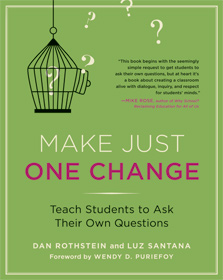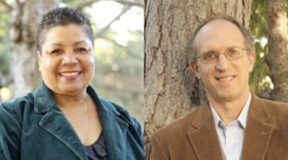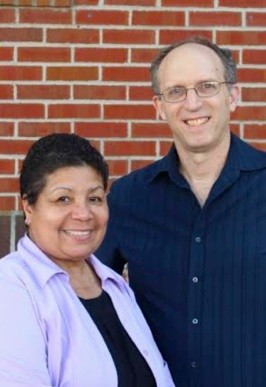by Aisha Suara
Manu Prakash’s Foldscope is simple, cost-effective, and most importantly, geared towards experience rather than information.
A recent article in the New Yorker by Carolyn Kormann tells the story of Manu Prakash, a biophysicist at Stanford, who is working to revolutionize global health through his new invention called the Foldscope. The Foldscope is an ultra-low cost, minimalist microscope made from folded paper and a lens. It seeks to make science available to everyone and, ultimately, show the, “deep connection between science education and global health” (Kormann, 2015). Though small, it is powerful. With a lens that provides a hundred and forty times magnification, the Foldscope has been instrumental in studying fungi, cataloging pollen, examining parasites, and analyzing bacteria. The simplicity of the Foldscope leads to, “a sense of ownership among the people and the organizations using it,” especially children.
The Foldscope is already beginning to change the perception of disease. Prakash remarks, “unless you get people curious about the small-scale world, it’s very hard to change mind-sets about diseases” (Kormann, 2015). Many people who lack proper sanitation and electricity have yet to view the tiny particles that contribute to illness. With the help of the Foldscope, diseases become real. It is, in fact, the experience of seeing it with your own eyes that makes it real. With a tool that costs less than a dollar, Manu Prakash is providing the users of the Foldscope the opportunity to make discoveries all by themselves and put meaning behind the words healthcare and global health.
Prakash’s method of teaching people how to use the Foldscope and then allowing them to discover and take advantage of it on their own mirrors the Right Question Institute (RQI) strategy. Rooted in simplicity, the Question Formulation Technique (QFT) is geared toward anyone, regardless of educational, income, or literacy level. Through the process of learning how to ask questions, participants learn by experience how to make discoveries on their own. The QFT opens up a whole new world of thinking and acting more effectively in everyday life. If there is hope that Manu Prakash’s Foldscope will revolutionize global health, it is safe to say that the QFT may revolutionize making decisions in everyday life.
 Aisha Suara is currently a Public Health/ Health Care Intern at the Right Question Institute. She studies Chemistry and Global Health and Health Policy at Harvard College.
Aisha Suara is currently a Public Health/ Health Care Intern at the Right Question Institute. She studies Chemistry and Global Health and Health Policy at Harvard College.



Speak Your Mind